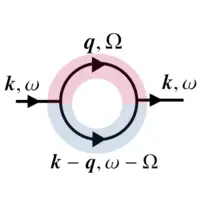
Teaching
Pedagogical Talks
I have given invited tutorial lectures at conferences and summer schools as well as talks aimed at non-physicists. I've collected slides and videos of some of these talks below.

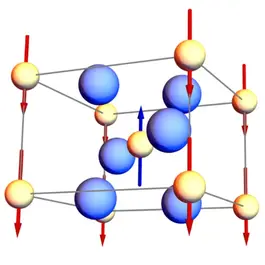
Altermagnetism: A symmetry-based perspective
ICTP, Trieste, Italy, August 2025
Slides First Lecture Second Lecture
ICTP, Trieste, Italy, August 2025
Slides First Lecture Second Lecture
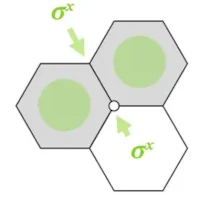
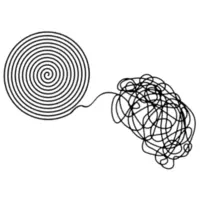
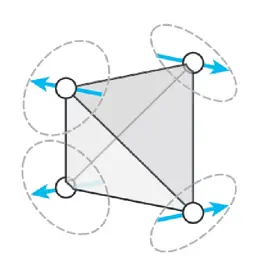

Quantum Spin Liquids
Virtual, National Center for Theoretical Sciences, Taiwan, August 2022
Slides First Lecture Second Lecture
Virtual, National Center for Theoretical Sciences, Taiwan, August 2022
Slides First Lecture Second Lecture
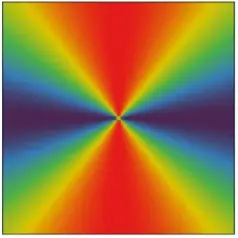
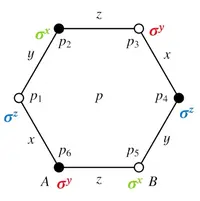
Courses
I have taught and developed a variety of physics courses at both the undergraduate and graduate level. Below is a selection that I have taught recently. For official course descriptions and prerequisites, please refer to the Undergraduate and Graduate Course Calendars. For detailed information about the course requirements of Physics programs see the Department of Physics website.
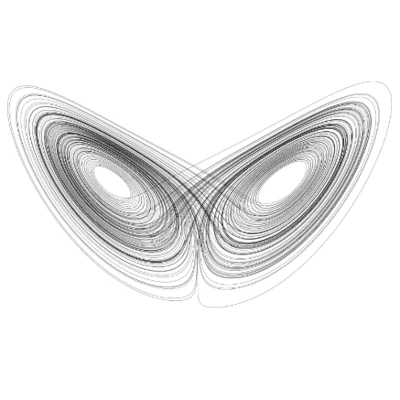
PHYS-1500 - From Symmetry to Chaos in the Universe
(2023-)
Description:
An introduction to the pillars of 20th and 21st century physics which form the basis of subsequent courses in physics and the basis of current research: complexity and chaos, special and general relativity, quantum phenomena, symmetry and symmetry breaking, and cosmology. Motivated by these pillars, mathematical tools and techniques that are used extensively in physics for practical problem solving and data analysis are introduced at a first-year level. Computer-aided graphical and approximate computational methods will also be introduced.
Materials:
Syllabus (Winter 2025)
Schedule (Winter 2025)
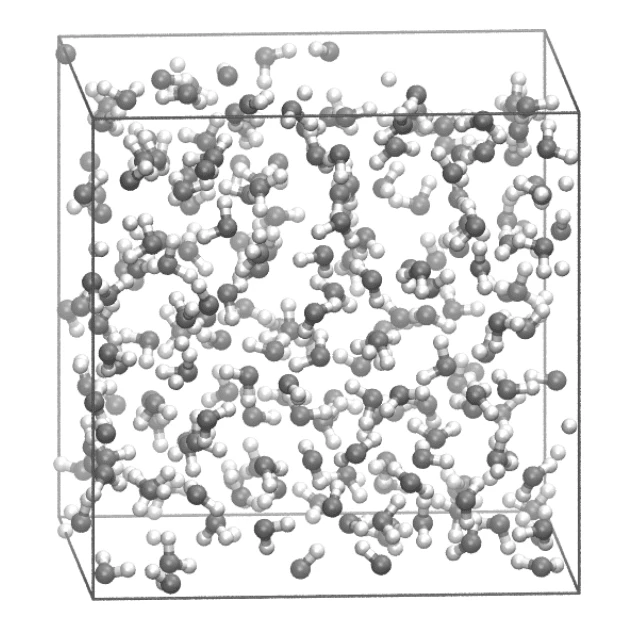
PHYS-4130 - Introduction to Statistical Mechanics
(2020-)
Description:
Thermal equilibrium, diffusive equilibrium; Boltzmann and Gibbs distributions, canonical and grand canonical partition functions; thermodynamics from statistical mechanics, entropy, work, heat; Helmholtz free energy, Gibbs free energy, enthalpy, Gibbs-Duhem relation, equations of state, Maxwell relations, response functions; Planck distribution and thermal radiation, Fermi-Dirac distribution and the Fermi gas, Bose-Einstein distribution and the Bose gas, ideal gas; chemical reactions; binary mixtures; phase transitions; elementary kinetic theory.
Materials:
Syllabus (Winter 2025)
Schedule (Winter 2025)
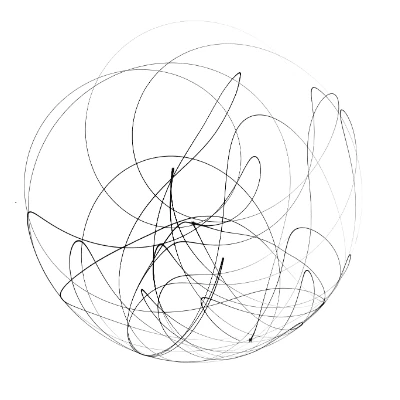
PHYS-3600 - Introduction to Computational Physics
(2021-)
Description:
An introduction to computational methods in physics, with an emphasis on applications to problems in Classical Mechanics, Electromagnetism and Quantum Mechanics. Best practices for scientific computing, data analysis and visualization will be emphasized. Topics to be discussed may include numerical integration, differentiation, and optimization; linear and non-linear equations; techniques for initial and boundary value problems for ordinary and partial differential equations; fast Fourier transforms; eigenvalue problems; numerical linear algebra; and an introduction to Monte Carlo methods
Materials:
Syllabus (Fall 2024)
Schedule (Fall 2024)
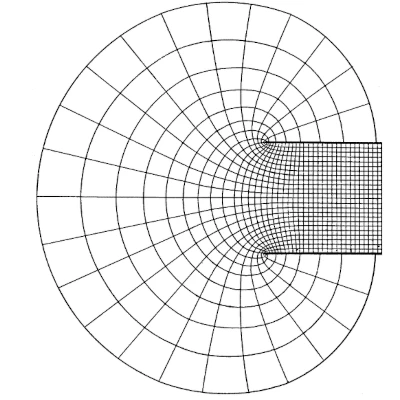
PHYS-3200 - Electromagnetism: Statics
(2020-2024)
Description:
Classical electromagnetism focusing on stationary phenomena. Topics to be covered may include: electrostatics in vacuum, electric potential, conductors; magnetostatics in vacuum, currents, vector potential; electro- and magnetostatics in matter; techniques for Laplace’s equation, multipole expansion; electromagnetic induction.
Materials:
Syllabus (Fall 2024)
Schedule (Fall 2024)
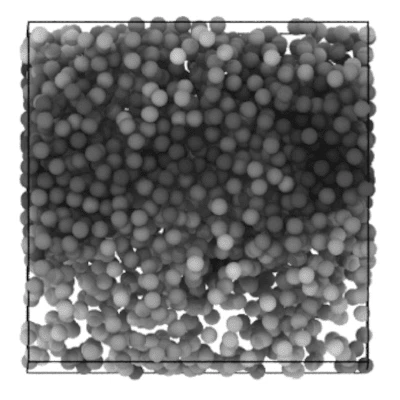
PHYS-9130 - Statistical Physics I
(2022)
Description:
Review of thermodynamics; information theory. The many-body problem in quantum mechanics, particle number representation. Statistical (density) matrix. The perfect gas, real gases, dense plasma, applications.
Materials:
Syllabus (Winter 2022)
Schedule (Winter 2022)
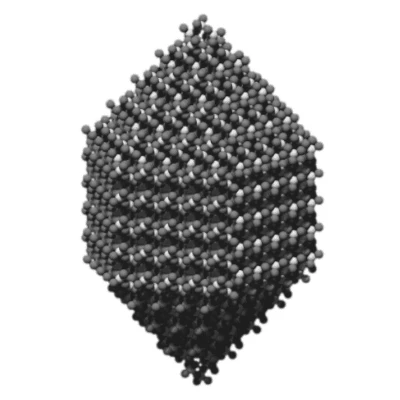
PHYS-4160/8160 - Condensed Matter Physics
(2020-2021)
Description:
Elements of crystallography, crystal diffraction, reciprocal lattices, lattice dynamics and thermal properties of solids, phonons, solution of Schroedinger equation in periodic potential, band theory, Fermi surfaces of metals and semiconductors, optical properties of dielectrics.
Materials:
Syllabus (Fall 2021)
Schedule (Fall 2021)